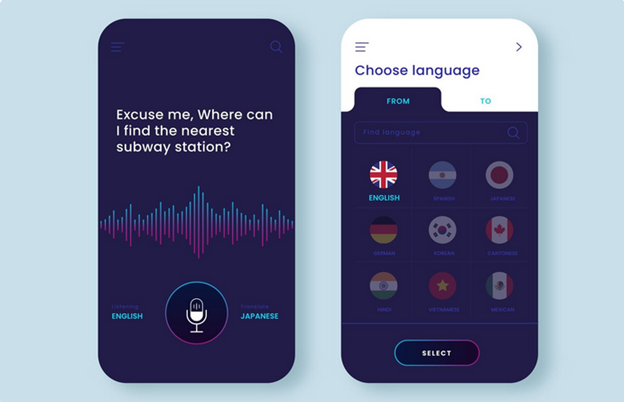How Voice Search Is Changing the SEO Landscape
Voice search is no longer a futuristic idea. With smart speakers and voice assistants in almost every home, people are increasingly speaking their queries instead of typing them. This shift has profound implications for how you optimise your site and reach your audience. Here is how voice search is changing the SEO landscape and what you can do to stay ahead.
Why Voice Search Matters
Voice queries now account for a significant share of all search traffic. Users enjoy the convenience of asking questions aloud while multitasking or on the move. As more people embrace this hands-free option, search engines are refining their algorithms to deliver the most relevant spoken answers. For businesses this means traditional SEO tactics need to evolve to match the way real people talk.
Impact on Keyword Strategy
When people speak, they use natural, conversational language and longer phrases. Instead of typing “best coffee shop London” they might ask “what is the best place for coffee near me in central London today”. This means your keyword research should move beyond single terms and focus on longer question-style phrases. Think about how your customers ask for your products or services and build content that reflects their spoken intent.
Optimising Content for Voice Queries
Content designed for voice search should answer specific questions clearly and concisely. Create a section in your blog posts or FAQ pages that directly addresses common queries in a question-and-answer format. Use headings that pose the question and follow with a brief, informative response. This structure helps search engines identify your content as a good match for voice queries and increases the likelihood of being selected for a spoken answer.
Technical SEO Considerations
Fast loading times and mobile-friendly design have always been important, but they are now vital for voice search as well. Most voice searches happen on mobile devices, so ensure your pages render quickly and adapt seamlessly to different screen sizes. Implement structured data markup to give search engines more context about your content. This makes it easier for them to pull the precise information needed for voice responses.
Measuring Success
Tracking voice search performance can be challenging because many tools still focus on typed queries. Keep an eye on your site’s analytics for an increase in longer query phrases and look for trends in your site’s organic traffic. You can also monitor your FAQ and Q&A pages to see if they are attracting more clicks. This will help you refine your approach and focus on the questions that matter most to your audience.
Preparing for the Future
Voice search technology continues to improve, with better language understanding and support for multiple languages and dialects. To future proof your SEO strategy, keep testing your content by using voice assistants and noting how accurately they find and present your information. Stay informed about new developments and be ready to adapt your content and technical setup as the technology evolves.
Ready to adapt your SEO for voice search success? Speak to your trusted SEO company Chester today.


No Comment